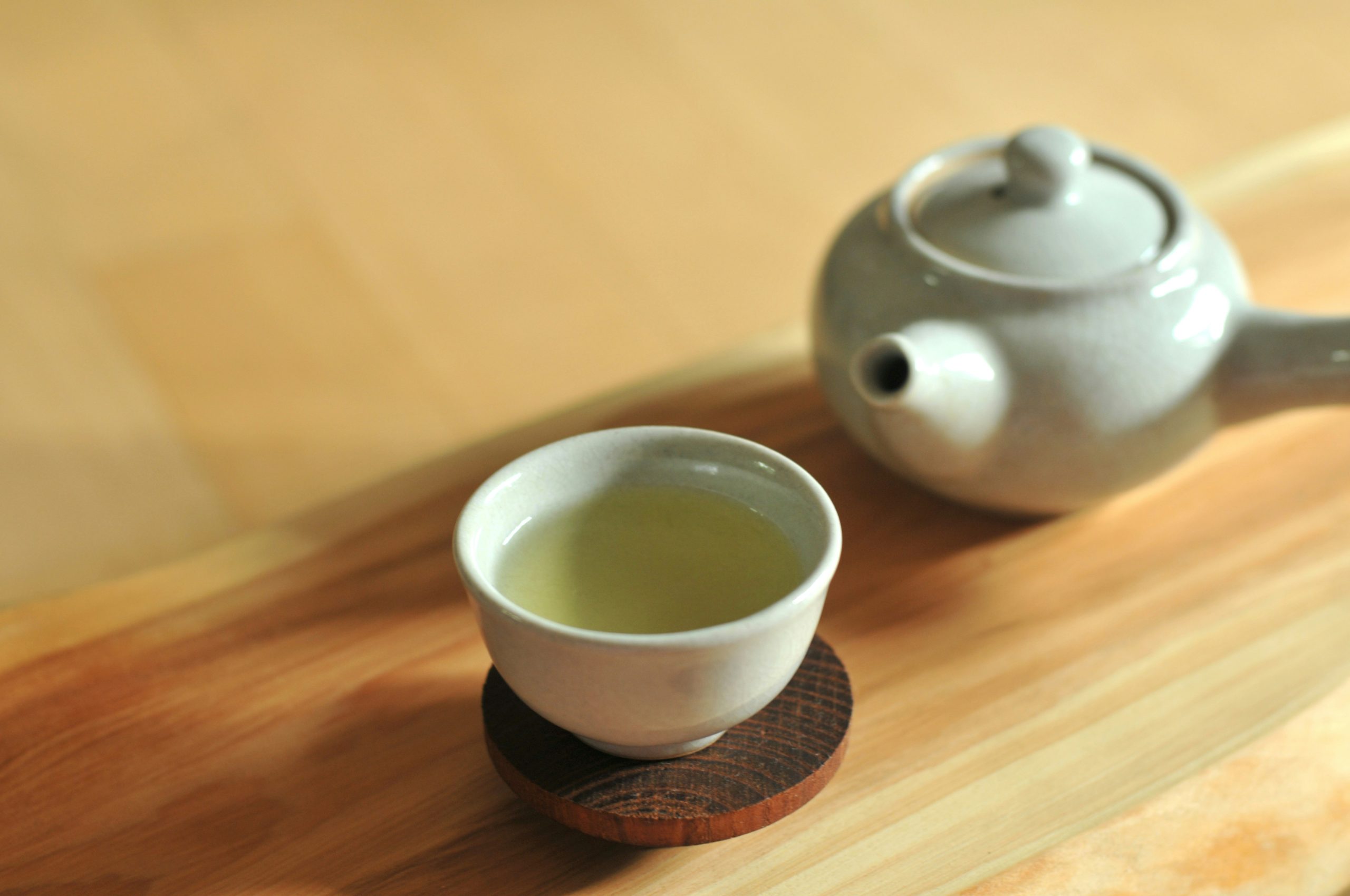**1. The Health Benefits of Green Tea**
Green tea is rich in powerful antioxidants called ‘catechins,’ especially EGCG (epigallocatechin gallate). Studies have shown that these compounds can have a positive impact on diabetes management by improving insulin sensitivity, slowing glucose absorption in the small intestine, and reducing oxidative stress.
**2. A ‘Healthy Drink,’ Not a ‘Medicine’**
Despite these benefits, green tea can never replace diabetes medication.
– **Limitations of Effect:** The blood sugar-regulating effect of green tea is not as immediate or potent as that of medication. It is meaningful only when consumed as a supplement alongside a consistent regimen of a healthy diet, exercise, and medication.
– **Risks:** Arbitrarily stopping prescribed medication without consulting a doctor and relying solely on green tea is a very dangerous act. Uncontrolled blood sugar can lead to serious complications.
– **Caffeine Content:** Green tea also contains caffeine, which can cause a temporary rise in blood sugar or sleep disturbances in people sensitive to caffeine.
**3. How to Enjoy it Correctly**
– **Drink Without Sugar:** It goes without saying, but you must drink pure green tea without added sugar or honey.
– **Consume in Moderation:** It’s good to drink about 2-3 cups consistently per day. Excessive consumption can cause gastrointestinal upset or sleep disturbances.
– **Drink After Meals:** Drinking it immediately after a meal can interfere with iron absorption, so it’s better to drink it about 30 minutes to 1 hour after eating.
Summary: Green tea is an excellent healthy beverage that can provide supplementary help in managing diabetes, but its effects are limited. It is not a cure and should not be used as a substitute for medical treatment.


Leave a Reply